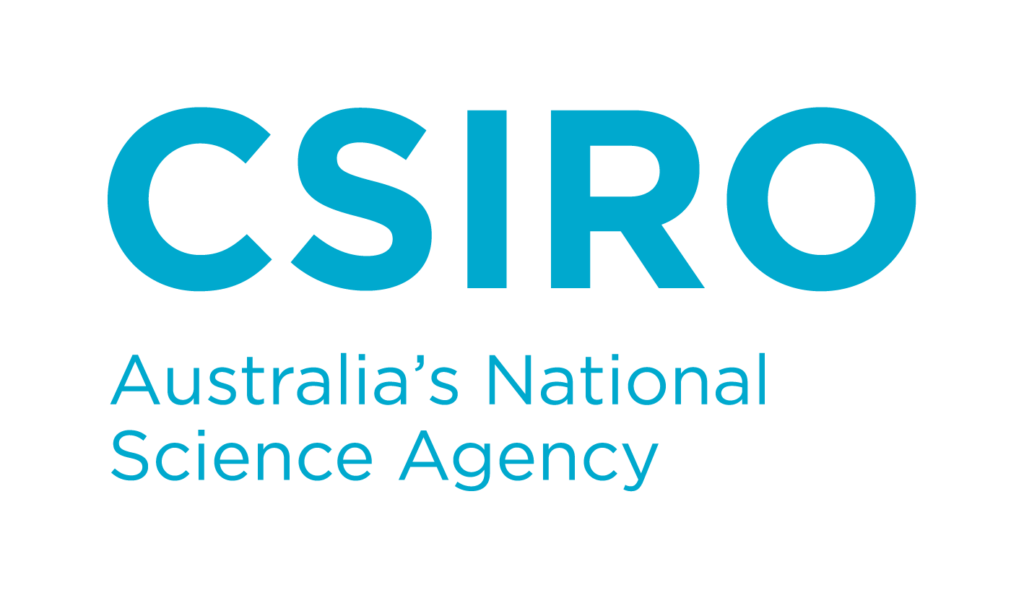
Welcome
The SKA Pathfinder Radio Continuum Survey (SPARCS) Working Group began back in 2011 with the following goals:
- To coordinate developments of techniques, to avoid duplication of effort and ensure that each project has access to best practices;
- To hold cross-project discussions of the specific science goals, to ensure cross- fertilisation of ideas and optimum survey strategies;
- To coordinate the surveys in their choice of area, depth, location on the sky, and other survey parameters, to maximise the scientific return from the surveys;
- To distill the SKA pathfinder experiences as an input to the SKA
This was back when many of the pathfinders were still being built. Now we are here in 2022 with multiple low and mid frequency instruments and surveys up and running and producing amazing science. We have learned a lot about calibration, imaging, source finding, and more; we have created and implemented entire new algorithms, and applied what we have learnt to continuum science, to study exoplanets and the Milky Way, star formation across time, distant AGN, massive galaxy clusters, and more.
Now is an ideal time to share our successes thus far and, with a long road ahead towards full SKA, take stock of where we still need to go.
With that in mind, we present
SPARCS XI: The Rise of Sky Surveys
November 21 – 25 2022
The meeting will be a hybrid format with both in-person and online options available.
Talks are welcome from across the spectrum of radio continuum science, and range of pathfinders, as well as those focusing more on methods or more technical in nature (e.g. imaging, calibration, source finding, machine learning, cross-IDs, etc).
Important deadlines:
- In-person Registration: August 27, 2022
- Remote Registration: October 28, 2022
- Abstract Submission: September 9, 2022
- Accomodation booking: September 1, 2022
Code of Conduct:
The Local Organising Committee (LOC) is committed to making this meeting productive and enjoyable for everyone, regardless of gender, sexual orientation, disability, physical appearance, body size, race, nationality or religion. We will not tolerate harassment of participants in any form. Please follow these guidelines:
- Behave professionally. Harassment and sexist, racist, or exclusionary comments or jokes are not appropriate. Harassment includes sustained disruption of talks or other events, inappropriate physical contact, sexual attention or innuendo, deliberate intimidation, stalking, and photography or recording of an individual without consent. It also includes offensive comments related to gender, sexual orientation, disability, physical appearance, body size, race or religion.
- All communication should be appropriate for a professional audience including people of many different backgrounds. Sexual language and imagery is not appropriate.
- Be kind to others. Do not insult or put down other attendees.
Participants asked to stop any inappropriate behaviour are expected to comply immediately. Attendees violating these rules may be asked to leave the event at the sole discretion of the organizers without a refund of any charge.
Any participant who wishes to report a violation of this policy is asked to speak, in confidence, to any of the LOC members.
This code of conduct is based on the “London Code of Conduct“, as originally designed for the conference “Accurate Astrophysics. Correct Cosmology”, held in London in July 2015. The London Code of Conduct was adapted with permission by Andrew Pontzen and Hiranya Peiris from a document by Software Carpentry, which itself derives from original Creative Commons documents by PyCon and Geek Feminism. It is released under a CC-Zero licence for reuse. To help track people’s improvements and best practice, please retain this acknowledgement, and log your re-use or modification of this policy at https://github.com/apontzen/london_cc.

With support from


